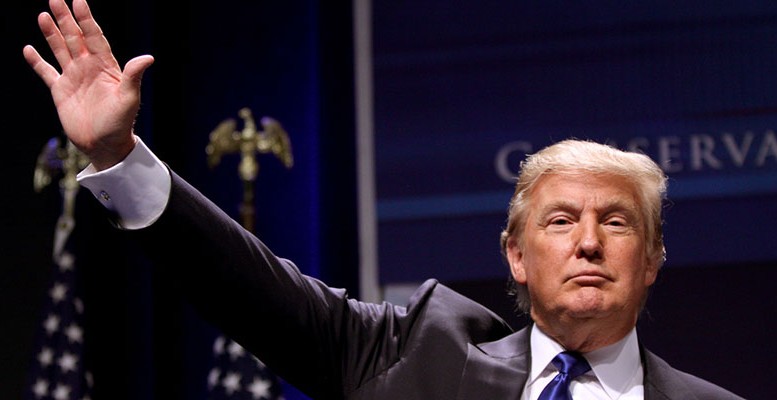Ever since Mr Trump won the US presidential race, he has become entangled in endless rifts and fruitless controversies. Without doubt, the blame mainly lies in his stubborn, yet erratic, drive for shockingly divisive policies.
But the real problem the lack of support he commands among the Republican majority in both Houses. So an administration which enjoys the fullest possible control in Washington fails to deliver its most prominent projects. The successive setbacks in trying to dash the Obamacare symbolic programme has severely undermined Mr Trump’s authority.
No wonder the markets are becoming increasingly sceptical about Trump’s ability to enforce any coherent economic policy mix. Even if his advisors in this field are seasoned bankers, the White House is rapidly losing its grip on critical decision-making areas, such as the budget stance. Investors are well aware that Congress holds the key to finding a fair balance between tax reductions and public expenses. The Mnuchin initial proposal was tossed into the dustbin, its inconsistencies coming under merciless attacks from lawmakers across-the-board. Not to mention the press and prominent economists.
Even if the budgetary policy were to emerge broadly unscathed, the markets fear it might become hostage to tactical harassment to the White House. The threat of a highly damaging deadlock in economic policy looms ahead. At best, implementing measures might take longer than expected. But the worrying issue is the uncertainty surrounding the whole process. No one knows what kind of policy stance will finally prevail.
In turn, the failure to ensure certainty weighs on monetary policy as the Federal Reserve lacks any solid reference on how most key policies for economic performance might be implemented. At the end of the day, the prospect of such a deadlock already hurts the green back and will ultimately undermine confidence in the US economy.





